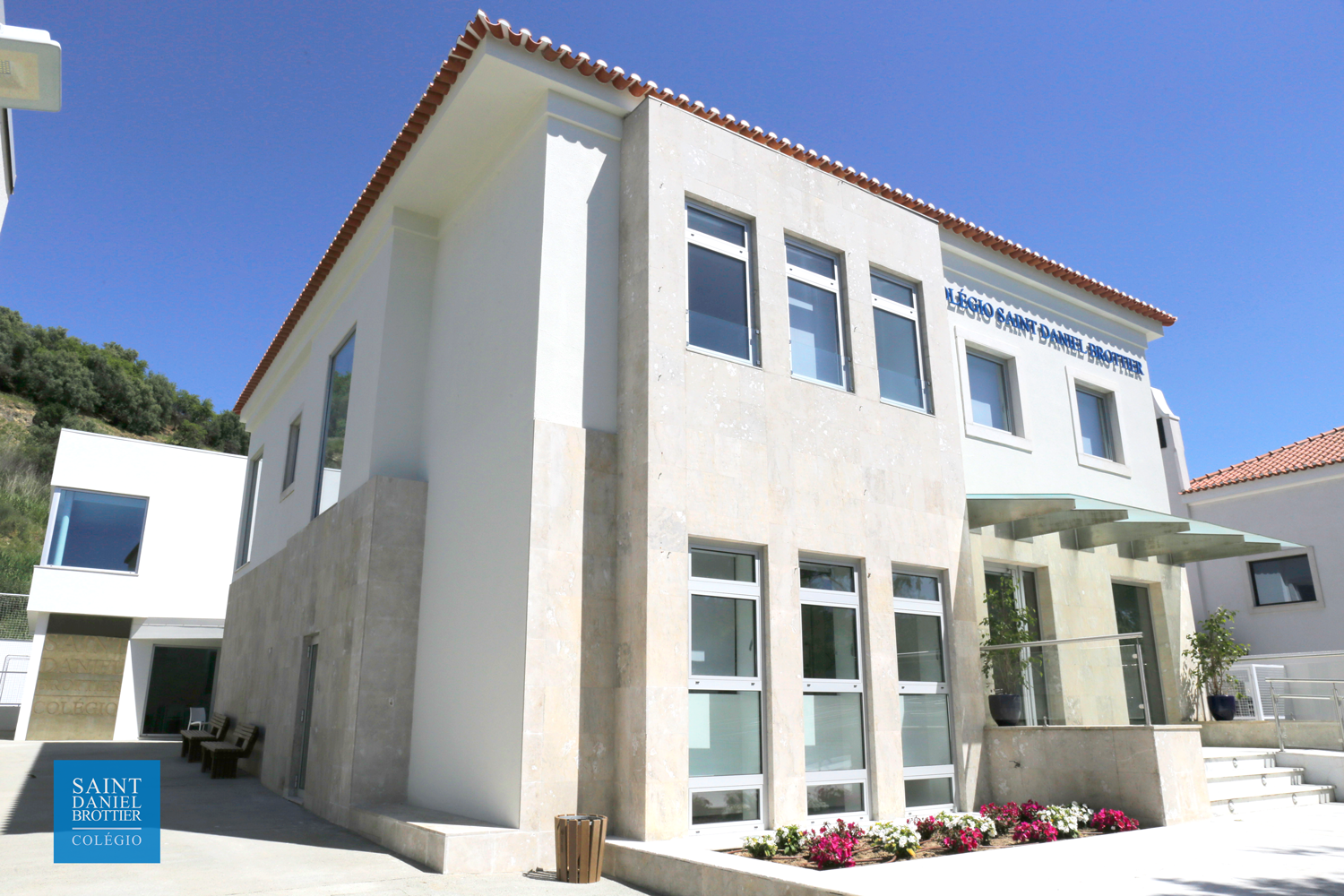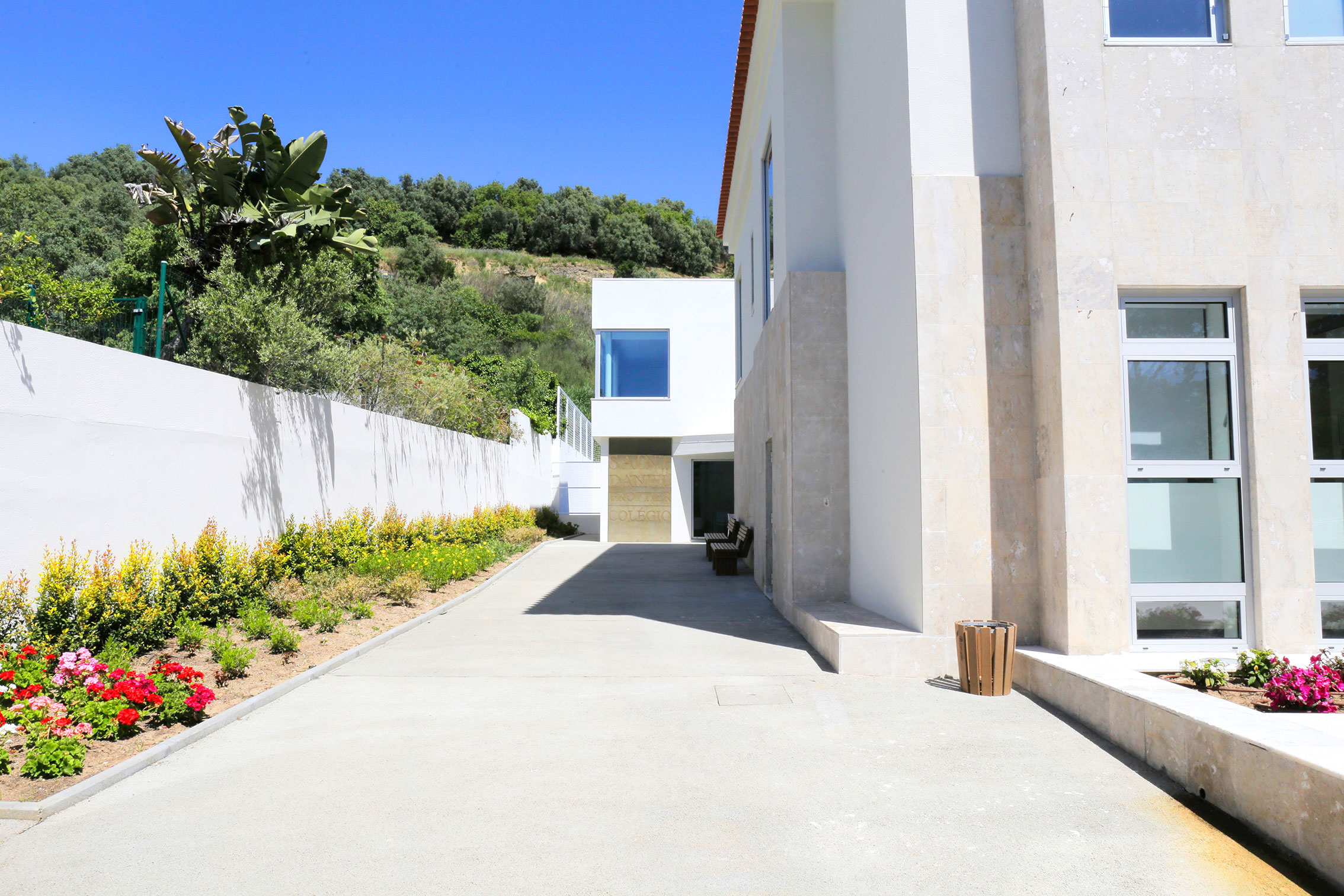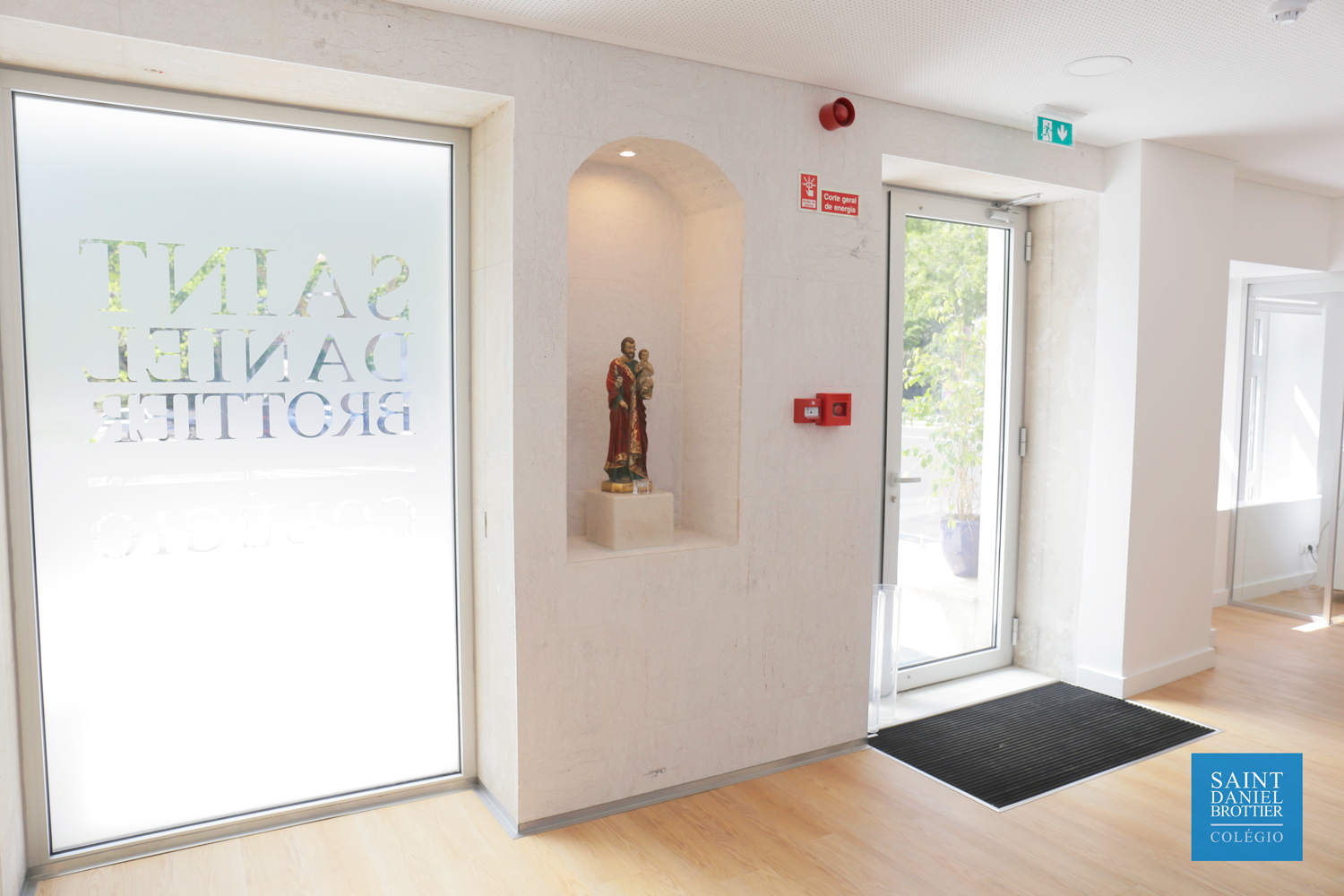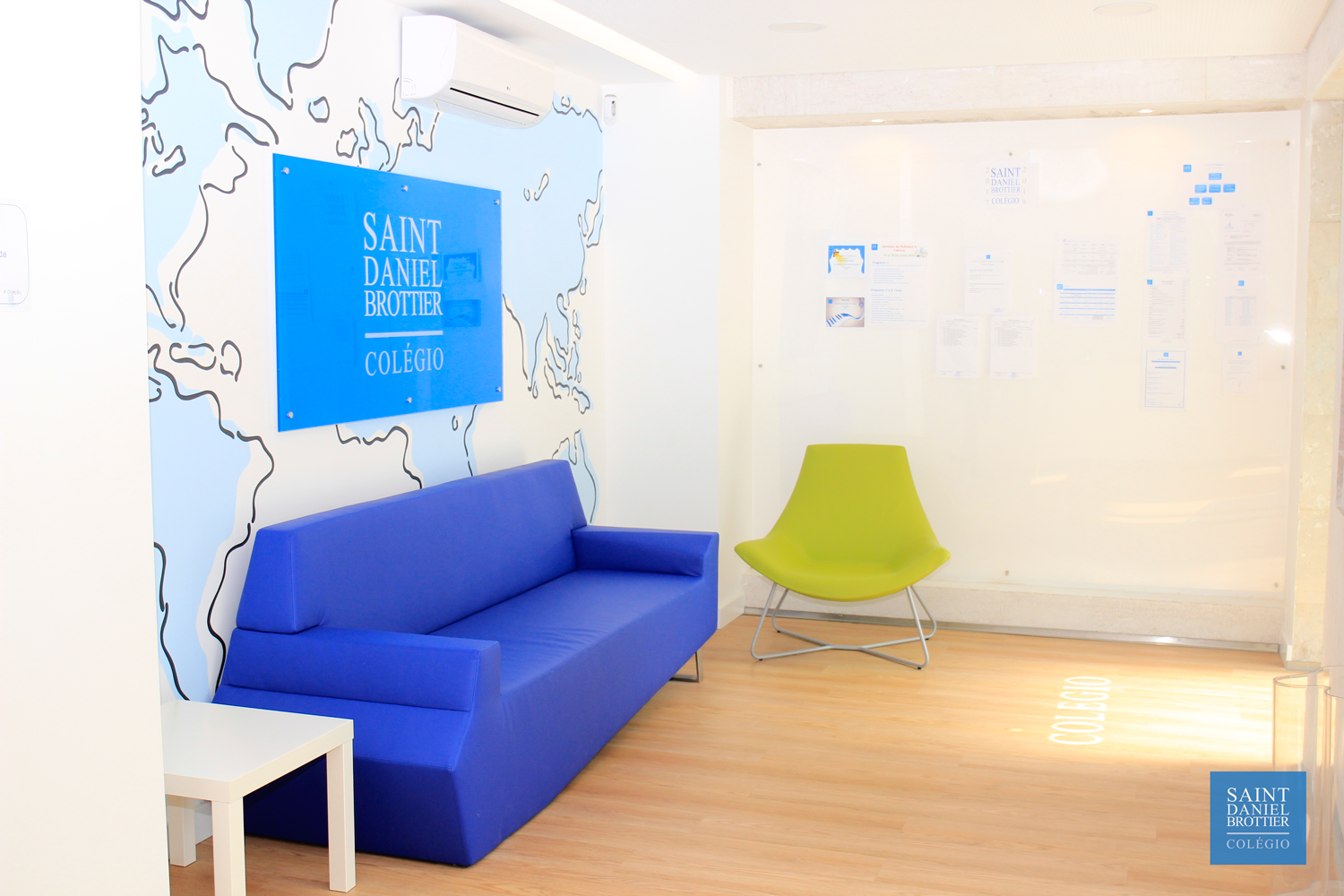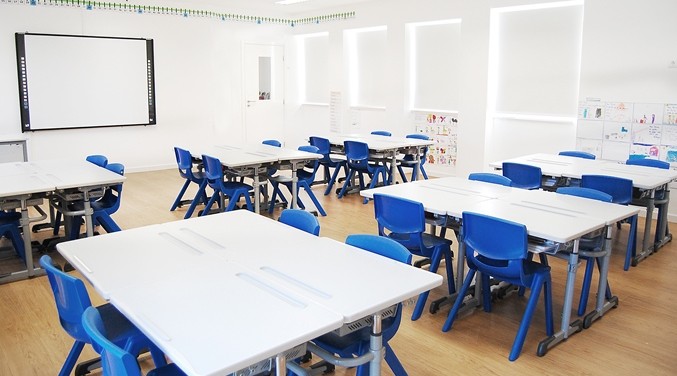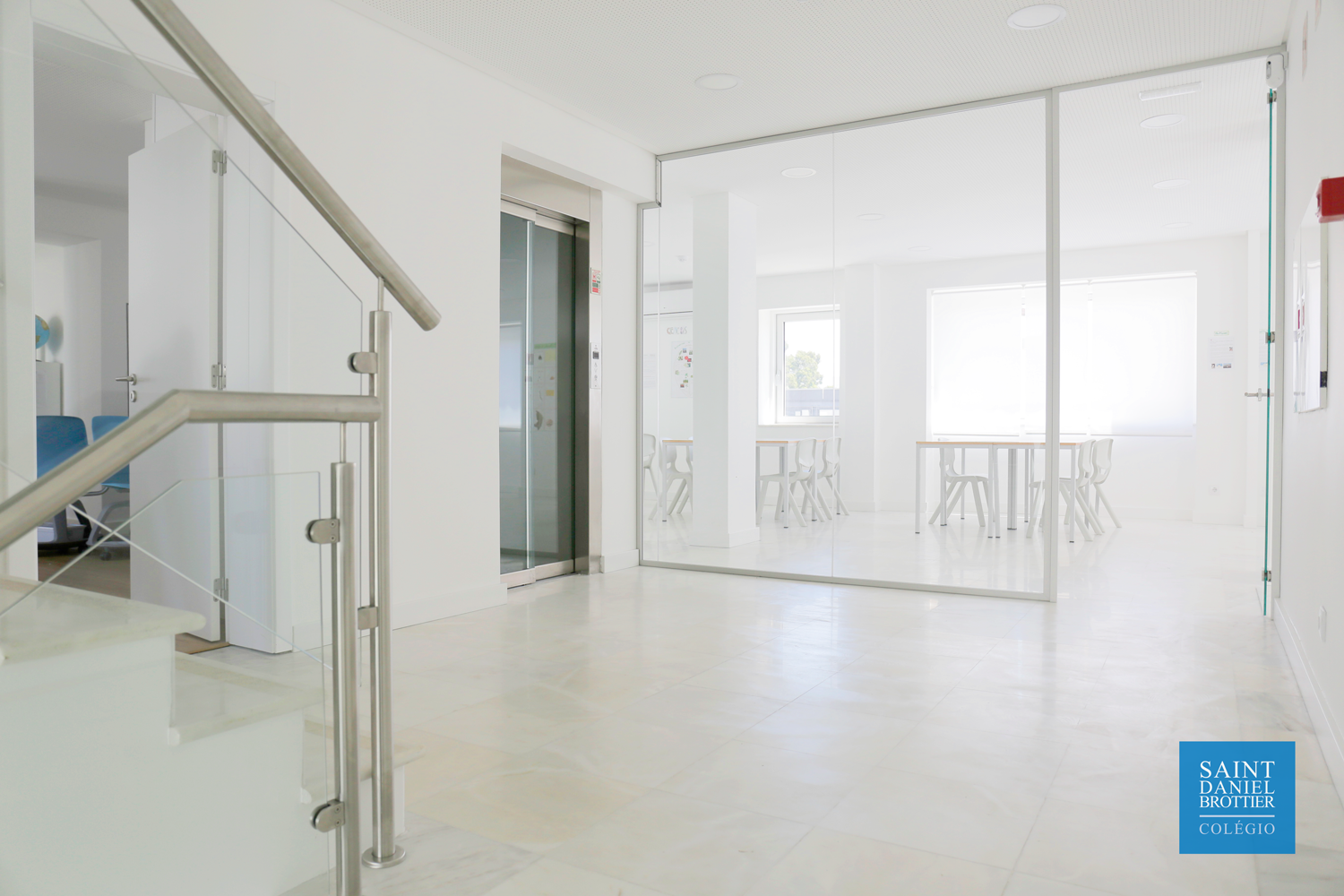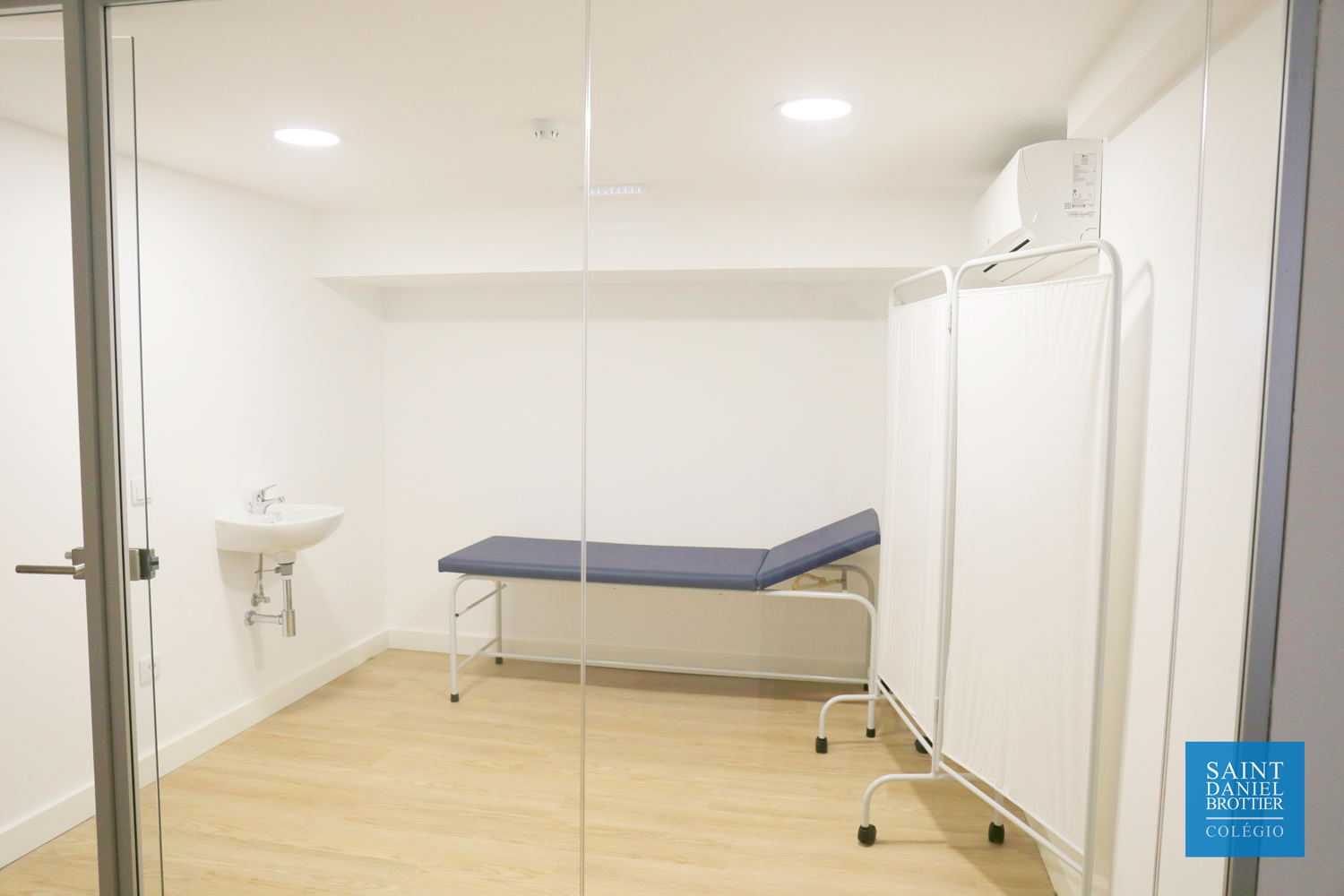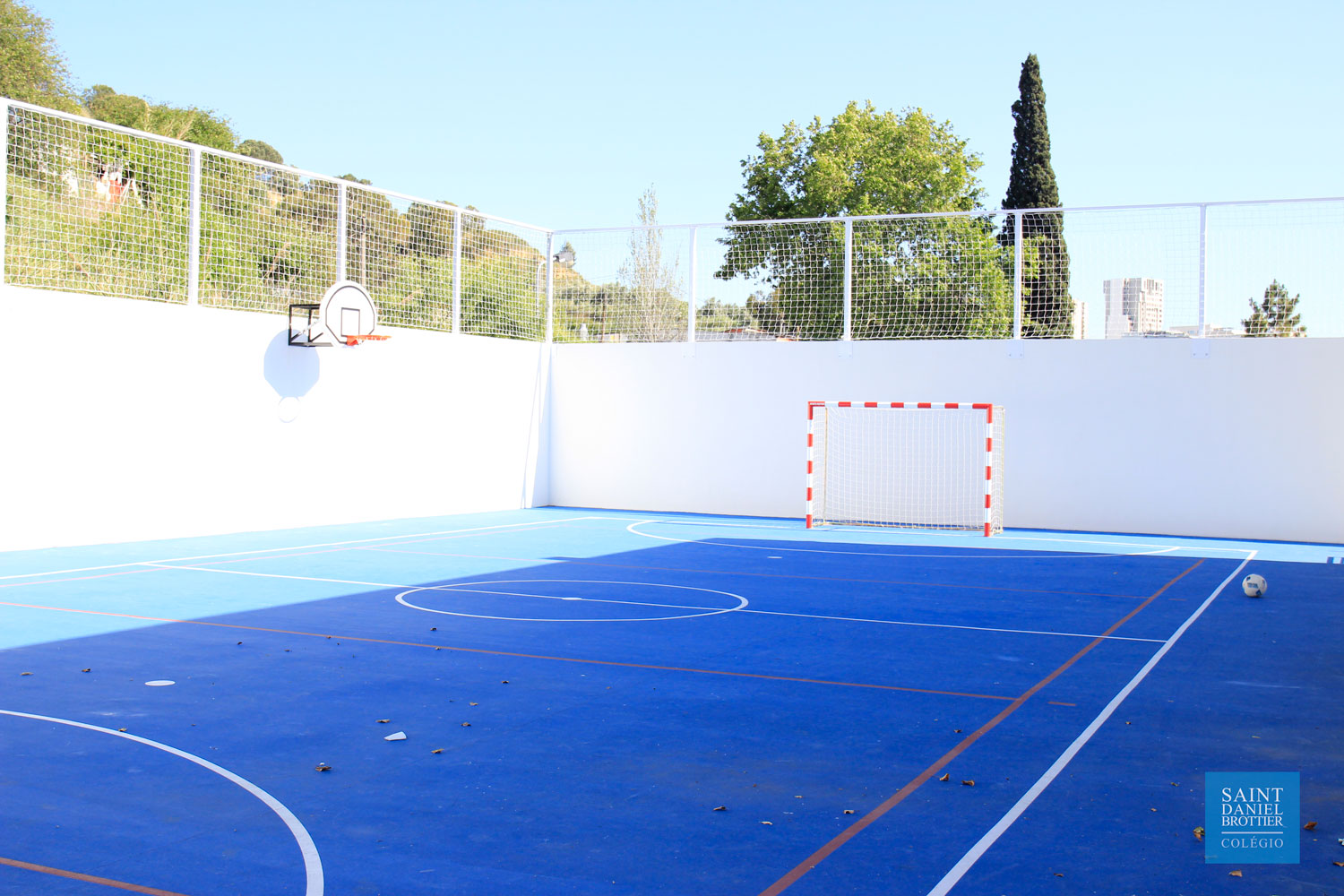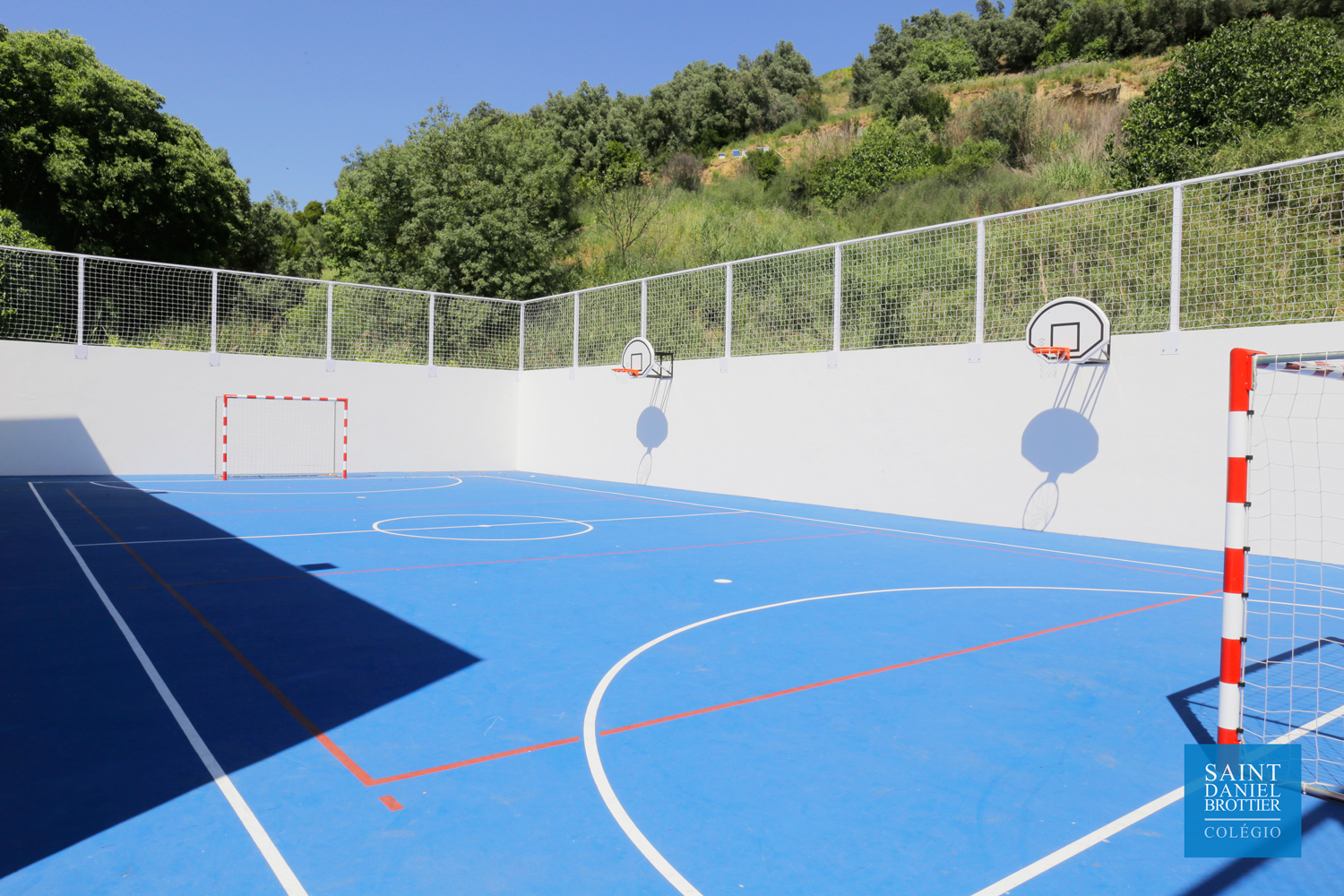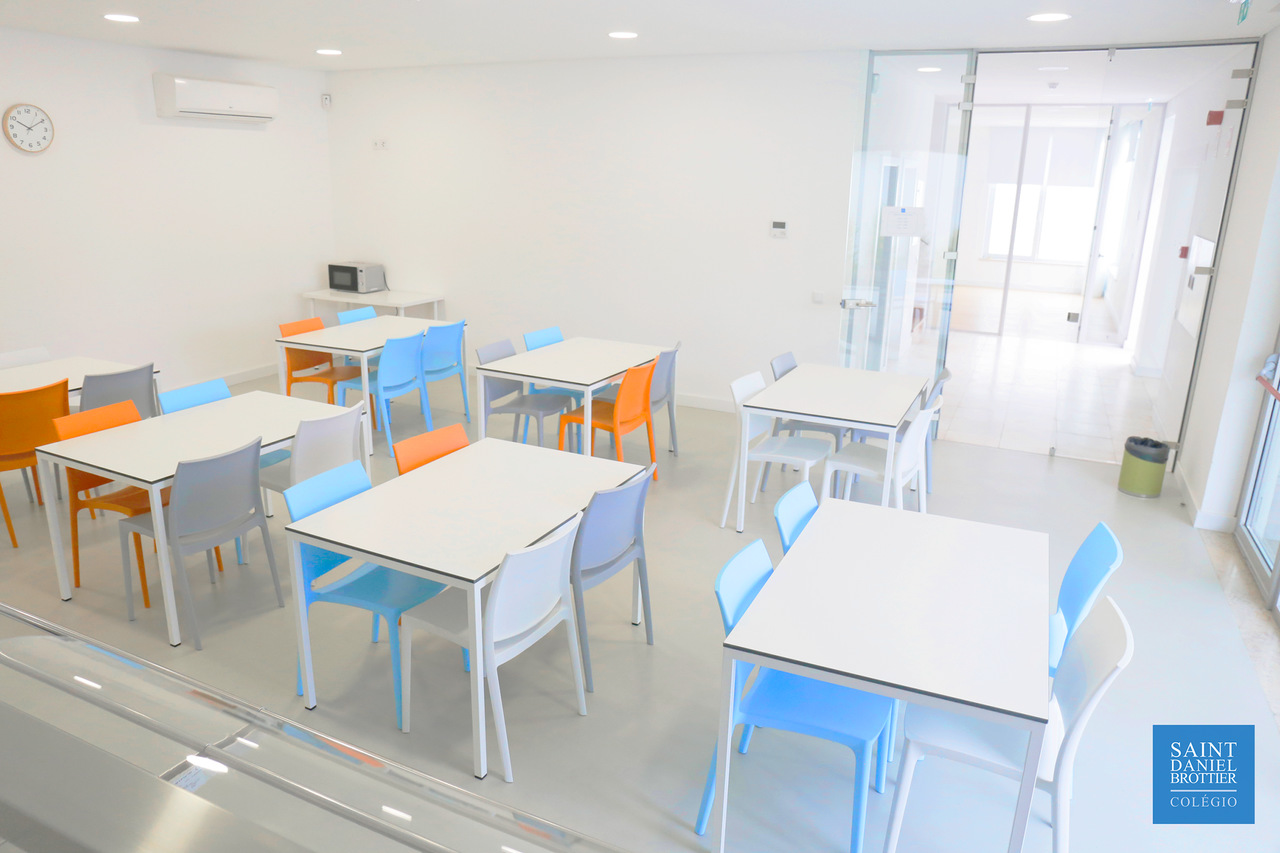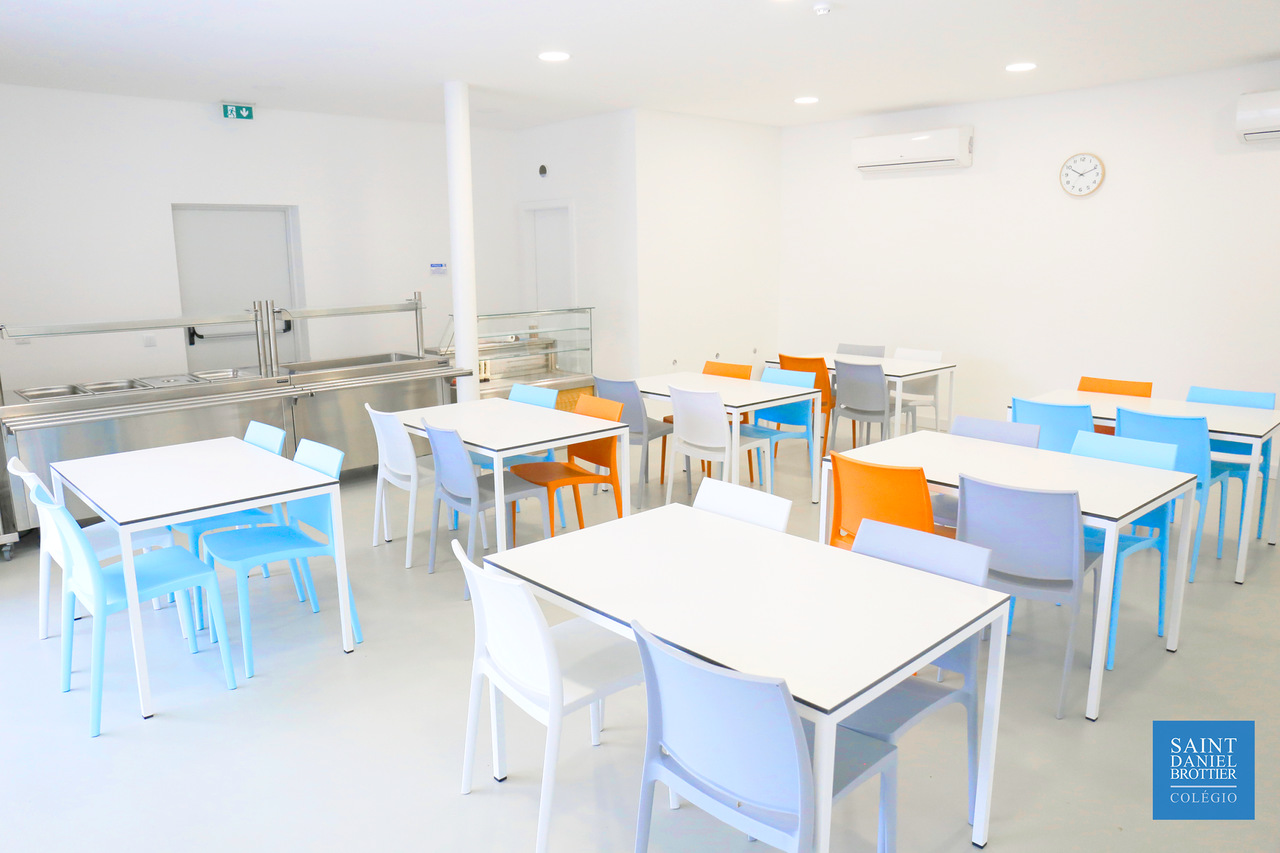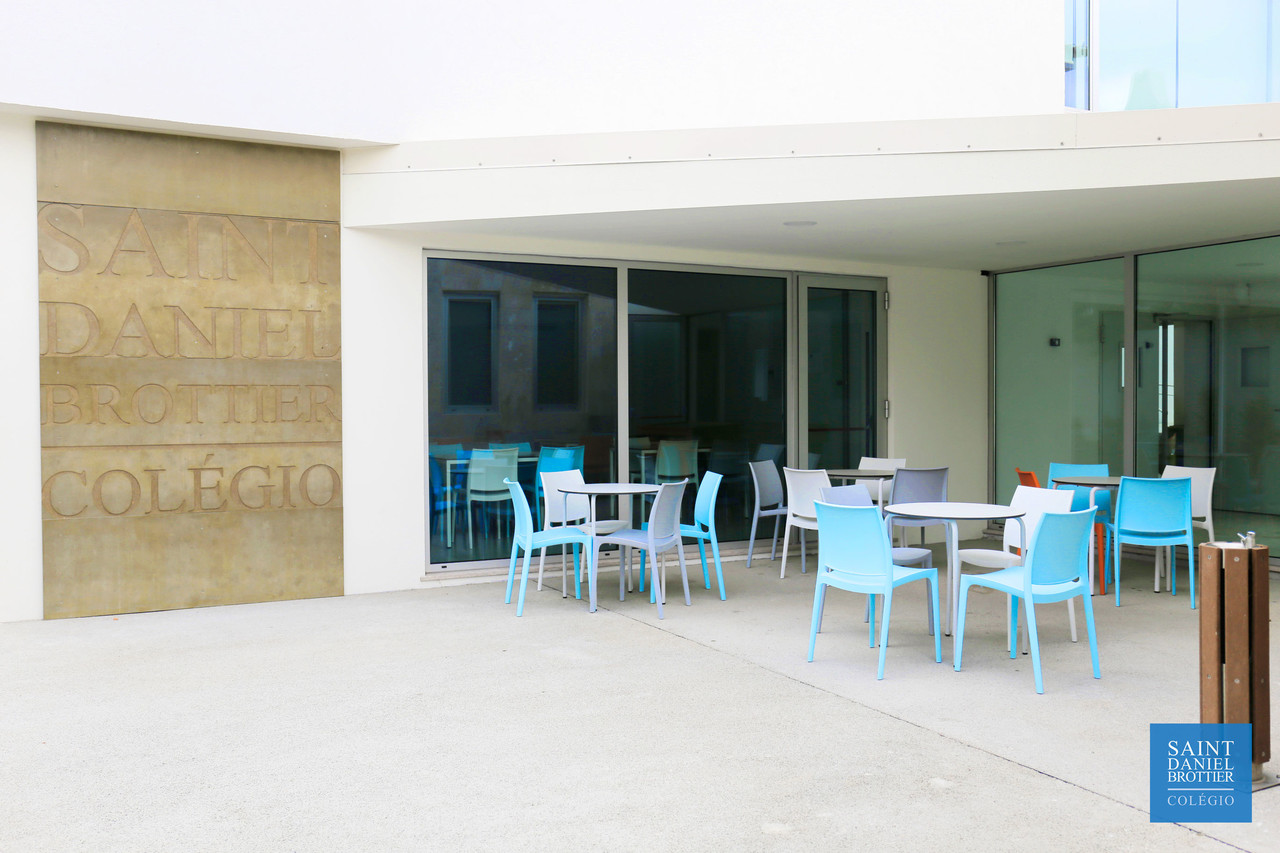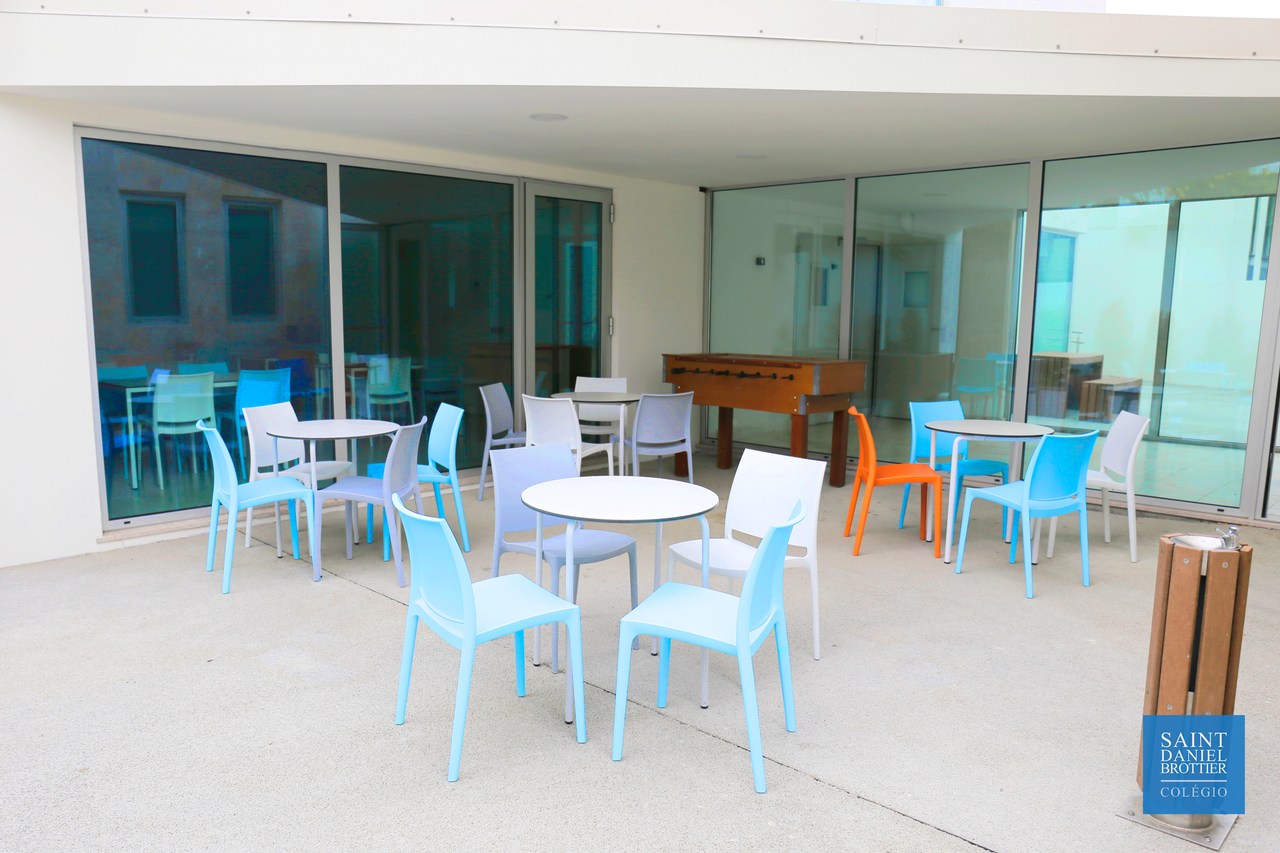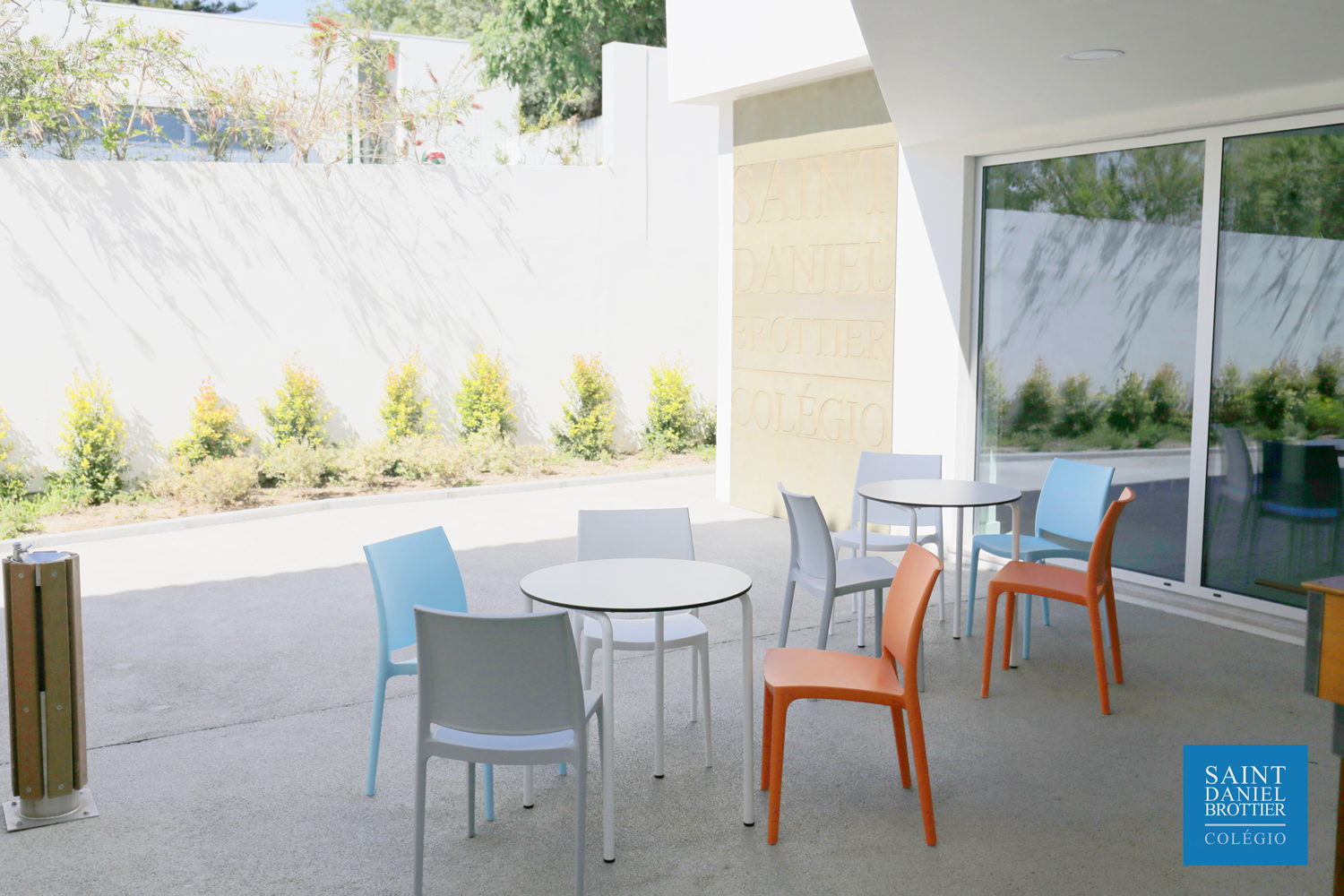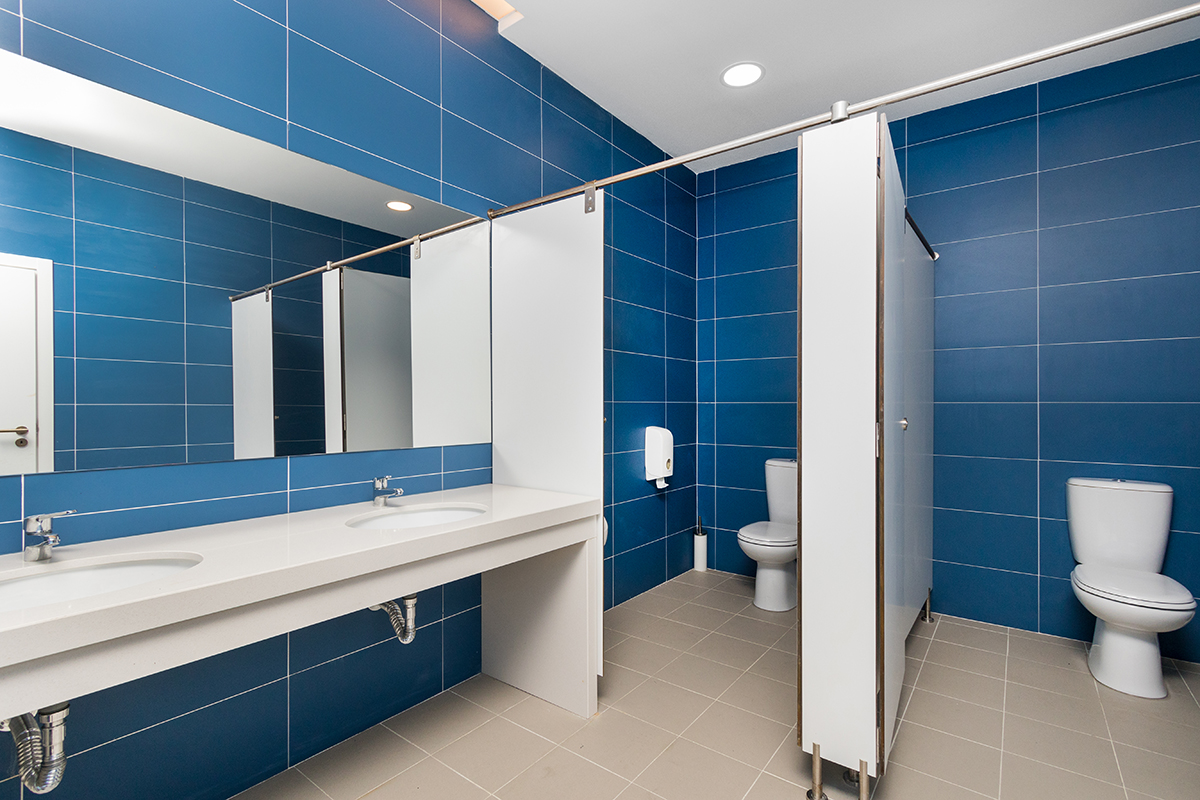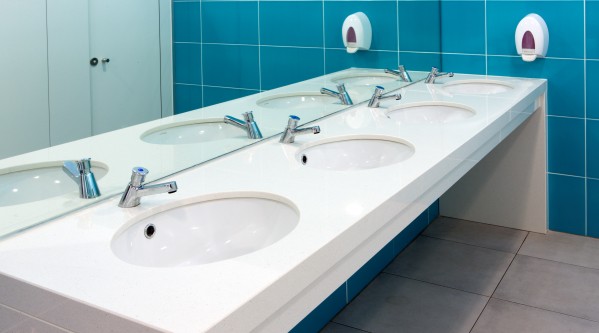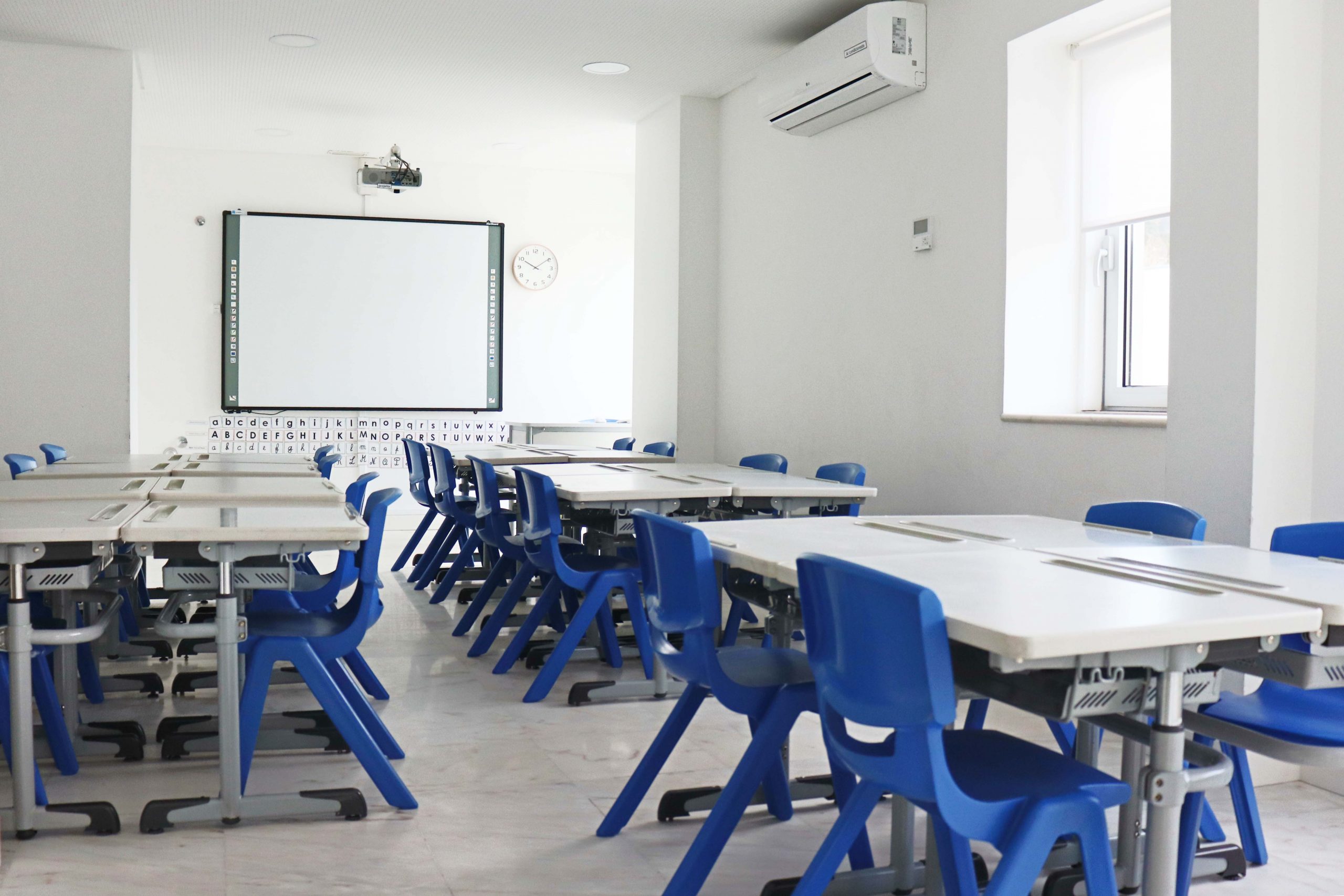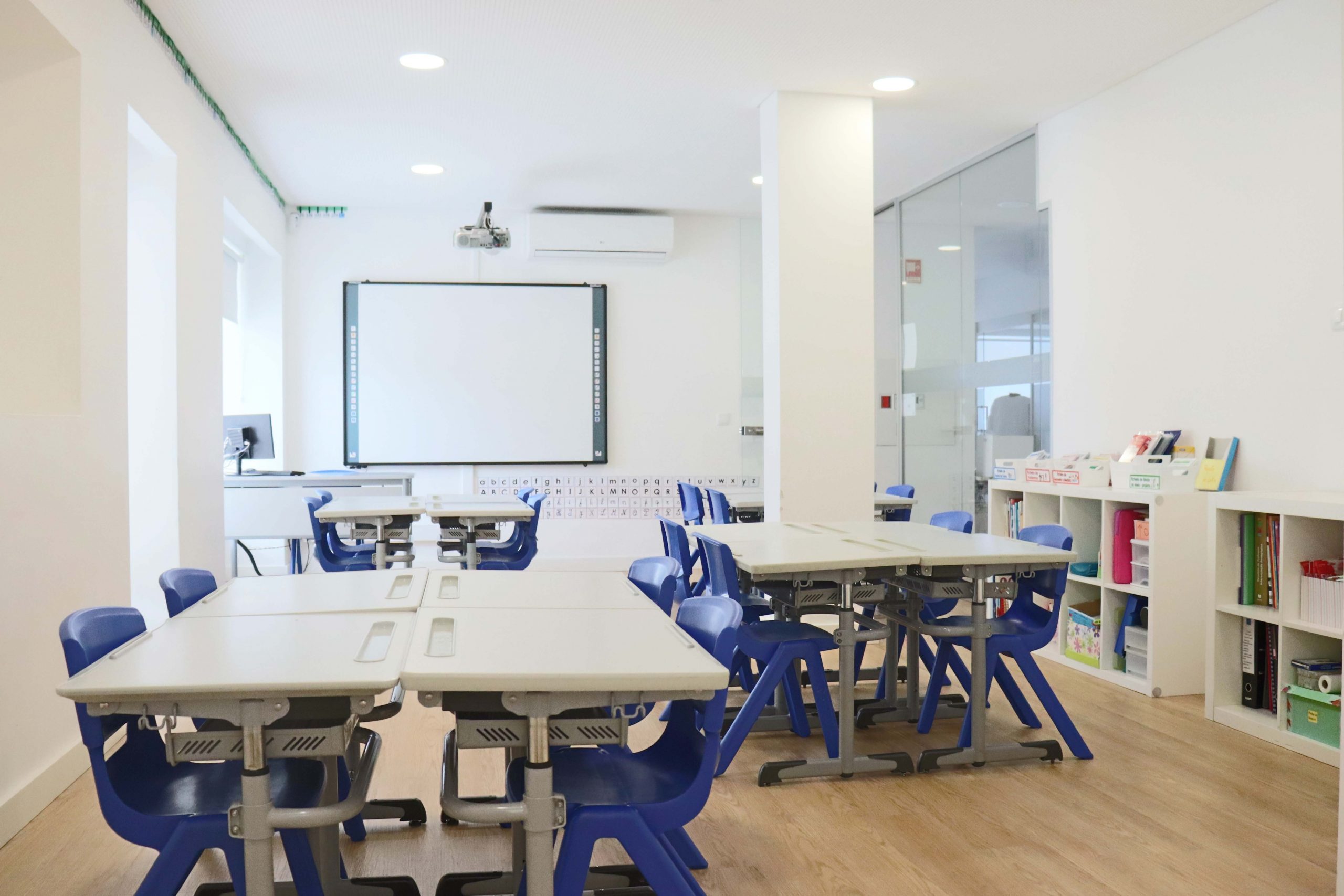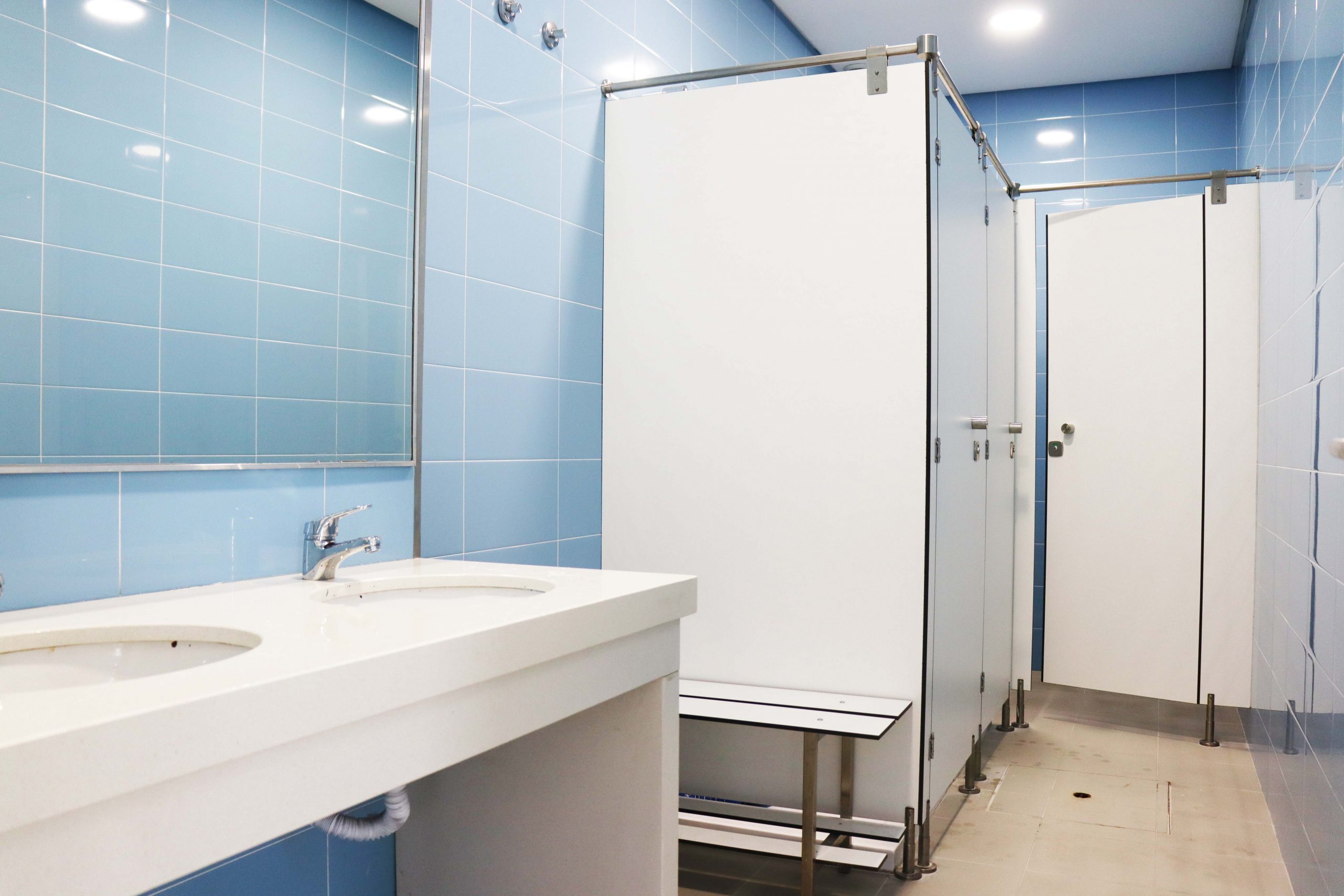1st Cycle
1st Cycle of basic education – 1st, 2nd, 3rd and 4th years of schooling. The activities in the 1st Cycle of Basic Education integrate the contents of the national curriculum and daily English as well as activities to complemente the curriculum, music, physical education and artistic expressions.
Having as a daily practice a personalized pedagogical relationship, capable of responding to the student as na individual being and to the group as a whole, the CSDB practices a Differentiated Pedagogy, based on very concrete aspects for the 1st Cycle:
- Organization of time and learning content, through na individual work plan and a weekly agenda defined with students at the beginning of each week and recorded in the student’s diary;
- Organization of the classroom and materials, in order to promote self-regulation, the development of autonomy and self-esteem;
- The essential learnings are organized in a flexible way, where each student can evolve, in na active way, to more challenging proposals, with space for each student to recover learnings that were not so solid;
- Pedagogical differentiation strategies, applied in the autonomous study time, individualized time for each student, with a view to overcoming their difficulties and training the contents worked;
- Moments of curricular work shared by the class, in which new topics are explored and learned, which must be acquired by the students, and which begin with a dynamic approach to the topic, followed by a momento f individual exploration (in pairs or in small groups), and end with a momento f sharing conclusions, and a momento f discussion for the systematization and advancement of the group;
- Dynamics of work in projects, initiated with the proposal and registration of a curiosity by a student in the register “I would like to know”. The record is analyzed and the proposal is discussed, reflecting together on the level of importance of this study (which curriculum objectives will be worked on, if the project can add more information to what we already know…). This dynamic always ends with a Communication, by the student or the group, and with the construction of a summary of the project and extension of the theme, promoted by the teacher with the whole class, to ensure everyone’s progress;
- Cooperated conflict management as a strategy to promote dialogue on conflict/discord situations that occur and the path for their resolution: encouraging calm, tolerance, respect for other… We consider important that students understand that the attitudes thay take can have consequences that, not being a “punishment”, will lead them to solve the problem cause dor to reflect on it so that it does not happen again. (We don’t use the word ‘punishment’ as this word only recalls traditional sanctions of physical and emotional penalties);
- The evaluation modalities that we use are, by conviction, fundamentally formative with a qualitative nature. We enhance the pedagogical function of assessment, using it as a catalyst for learning. We have implemented a system of continuous regulation of learning, in which students participate directly in determining the objectives of the work carried out, in the planning of action, in the construction of evaluation criteria, appropriating the evaluation instruments constructed in a way that is congruente with their purpose;
- Promotion of real school-family interaction, establishing with families a climate of mutual respect and mutual help, valuing the contributions that each one can make to enrich the life of the class. The fact that parents are close to the school makes children realize that their school work is valued and recognized by their parents, feeling safe and motivated to continue to do their best;
- The educational cooperation council, a fundamental strategy for promoting the socio-moral development of students, takes place every Friday. In that time, together (students and teacher) thay collectively manage everything that concerns that class, that is, the llearning and social relations that result from both their collective construction and life in common.
At CSDB we understand that classrooms are true laboratories of knowledge and, therefore, we have equipped them with interactive technological frameworks, where the daily use of information and communication technologies is transversal to all contents.
Artistic expressions also play a very importante role in the physical and cultural training of our students, as weel as the learning of english, which takes place in 5 teaching periods per week.
Being CSDB na educational institution centered on values, we offer students Catechesis, as a training and structuring dynamic of the human person.
Curricular Guidelines

